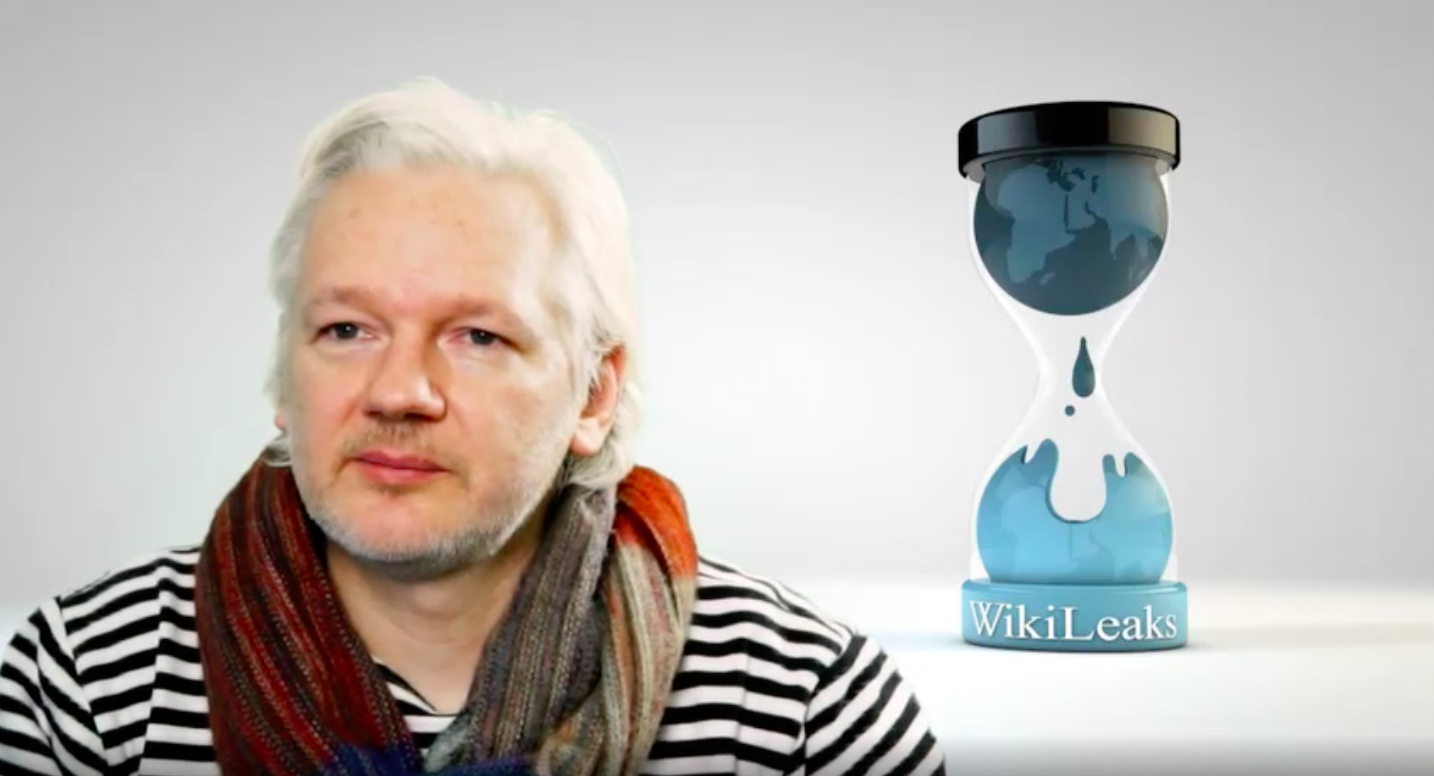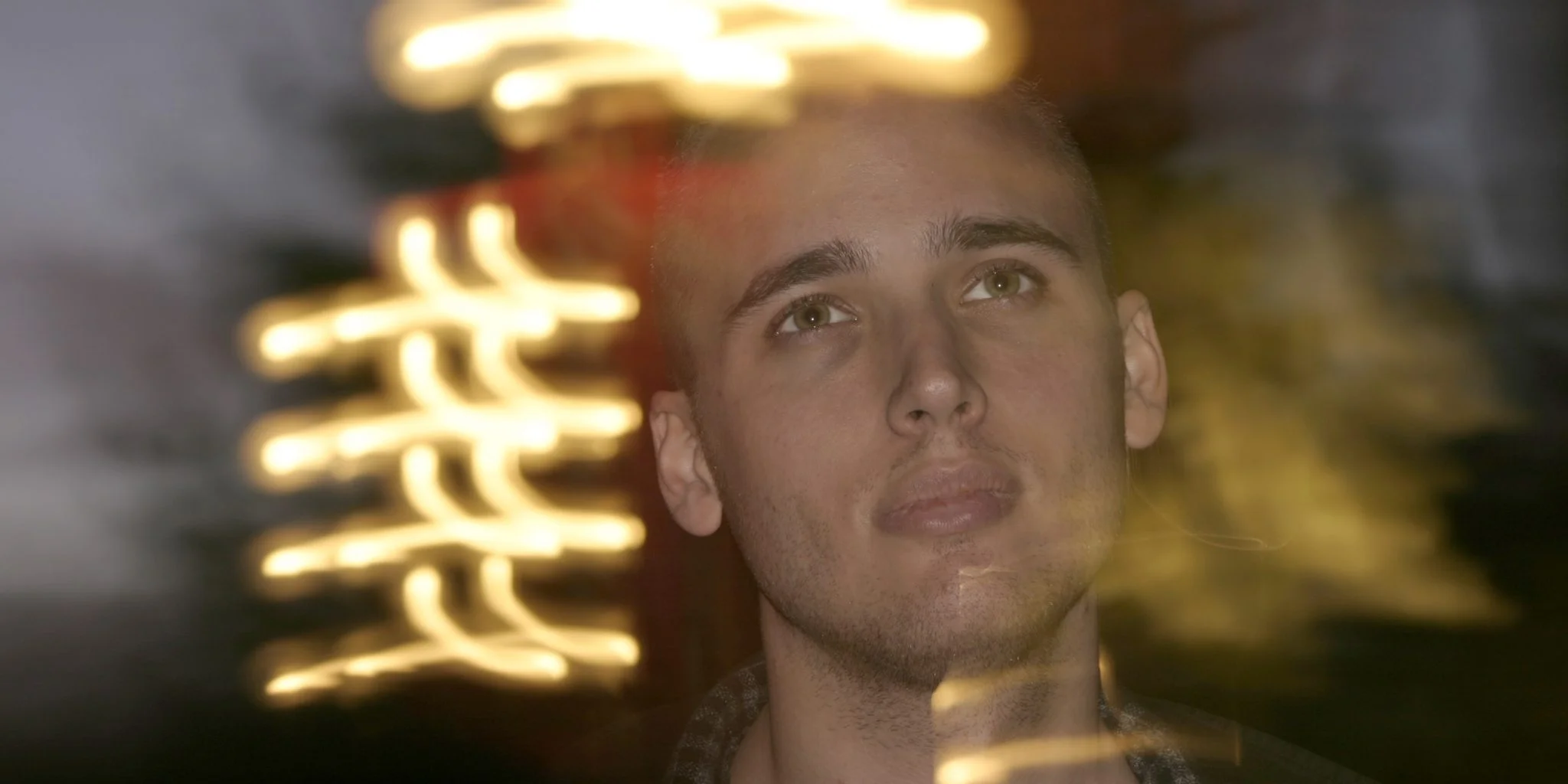On Julian Assange
On Wednesday, the founder of Wikileaks granted an Interview to the Italian daily La Repubblica where he again attacked my investigations on his activism in favor of Russia and the Catalan independence movement. La Repubblica kindly offered me the opportunity of addressing Mr. Assange's criticism in the following Op Ed, that has been translated into English from the original Italian.
Julian Assange Has a Lot to Explain
By David Alandete, Deputy Editor at EL PAÍS
It all started on September 9th with a Twitter message by Julian Assange, containing the famous photograph of a Chinese man standing in front of a tank during the suppression of the rebellion in the Tiananmen Square in 1989 —an act of totalitarian repression in which 10,000 people died, according to documents that were declassified in December. The text that accompanied the photograph: “Spain, this won’t work in Catalonia”. Despite the obvious exaggeration — at no point did the Spanish government consider sending tanks to Catalonia—the contents of that tweet were not what attracted the attention of EL PAIS, but rather its impact: 13,500 retweets and 17,400 likes in a matter of minutes, an unusual speed for the social media.
Soon Assange became the voice with most influence on Catalonia in the media, according to the internal tools used by our newspaper and the analyses of consulting companies such as Audiense. We were astounded by the volume—Assange had never tweeted about Catalonia, but in September he did so 48 times— though that was not the only astonishing thing. The voice with the most impact on the media regarding Catalonia said things like: “Hitler (also) used an ethnic minority to drive the ethnic majority into his arms” or “Europe will birth a new 7.5 m nation or civil war”. On occasion, the founder of Wikileaks has even fallen prey to fake news, as when he wrote a message, which he later deleted, about how a general had kissed a Spanish flag while in front of a protest.
Assange became first-level news material due to something even more revealing. He was a common source for the Russian public media, which ran headlines like “Situation in Catalonia 'World's First Internet War' - Assange” or “An independent Catalonia would be economically viable, even without the Euro”. The founder of Wikileaks maintains excellent relations with Moscow and its media. In fact, he hosted his own show in the Russian network RT in 2012 and has met with executives of that network at the embassy of Ecuador in London, where he eludes justice. In view of these facts, it is logical that he has told La Repubblica that Vladimir Putin is “the leader with the best management skills that Russia has had in many years".
The pieces of this propagandistic scheme came together when EL PAÍS found out that on November 9th, in that same embassy, Assange was visited by one of the main ideologues of Catalan independentism, the entrepreneur Oriol Soler, who admitted having regular contacts with Wikileaks. Assange has repeatedly declined to explain these exchanges, attacking instead the journalists who informed about them. When La Repubblica contacted me to tell me that Assange himself was mentioning me in an interview, I was not surprised at all. For months he has systematically harassed me on social media, calling me a propagandist and an agent for the US government.
In December, I testified at the British Parliament regarding EL PAIS’ coverage and press freedom in Spain. Our investigations show that Russia took advantage of an existing crisis, the Catalan independentism, to raise tensions in Europe. It used activists in its orbit who are critical of the Western system of democracy, like Assange or Edward Snowden, for a disinformation campaign that was amplified by thousands of automated accounts or bots in social media. It is a method of destabilisation already employed by Moscow in elections and referendums in the United States, United Kingdom, Germany, France and Italy. These are the facts, and Mr. Assange should just express his opinion instead of harassing the press.


